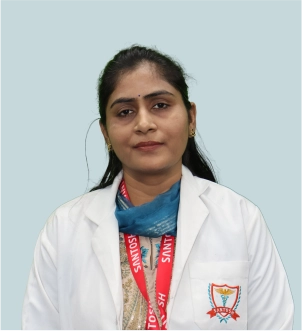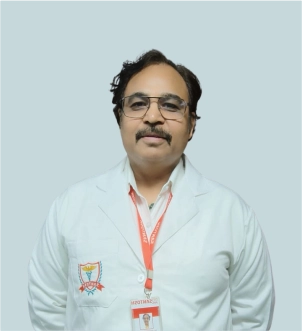
A Master of Science in Medical Lab Technology (M.Sc. MLT) is a postgraduate degree program designed for students who want to specialize in laboratory diagnostics, testing, and analysis of various medical samples. The program focuses on the theoretical and practical aspects of medical laboratory sciences, including biochemistry, microbiology, hematology, immunology, molecular biology, and pathology.
The M.Sc. MLT program typically takes two years to complete and requires students to have a Bachelor of Science degree in Medical Laboratory Technology or a related field. The curriculum includes advanced coursework in laboratory science, research methods, and data analysis. Students are also required to complete a research project or thesis on a topic related to medical lab technology.
Graduates of M.Sc. MLT programs can pursue careers in various fields, including clinical laboratory science, research and development, public health, and academic teaching. They may work in hospitals, diagnostic laboratories, research institutes, pharmaceutical companies, or public health agencies. Some may also choose to pursue further education in medical fields such as medicine or dentistry.
Overall, an M.Sc. MLT degree equips students with the knowledge and skills needed to perform and interpret diagnostic tests accurately, develop new laboratory methods, and contribute to the advancement of medical science.
Click here to read more about the Pathology Department.
Eligibility Criteria:
Course Outline:
First Semester:
Second Semester:
Third Semester:
Fourth Semester:

Professor & HOD

Professor & HOD

Professor & HOD

Professor & HOD

Professor & HOD

Professor & HOD

Professor & HOD

Professor & HOD

Professor & HOD

Professor & HOD

Professor & HOD

Professor & HOD

Professor & HOD

Professor & HOD

Professor & HOD

Professor & HOD

Professor & HOD

Professor & HOD

Professor & HOD

Professor & HOD

Professor & HOD
An M.Sc. Medical Lab Technology degree equips graduates with advanced knowledge and skills in medical laboratory sciences, making them eligible for a variety of career options. Some of the career prospects for M.Sc. Medical Lab Technology graduates are:
Overall, M.Sc. Medical Lab Technology graduates have a wide range of career prospects in the fields of clinical laboratory sciences, research and development, public health, and academia.
©2026 Santosh Deemed to be University | Designed, Developed & Managed by : HashTAGit. Last updated on 23rd Feb 2026